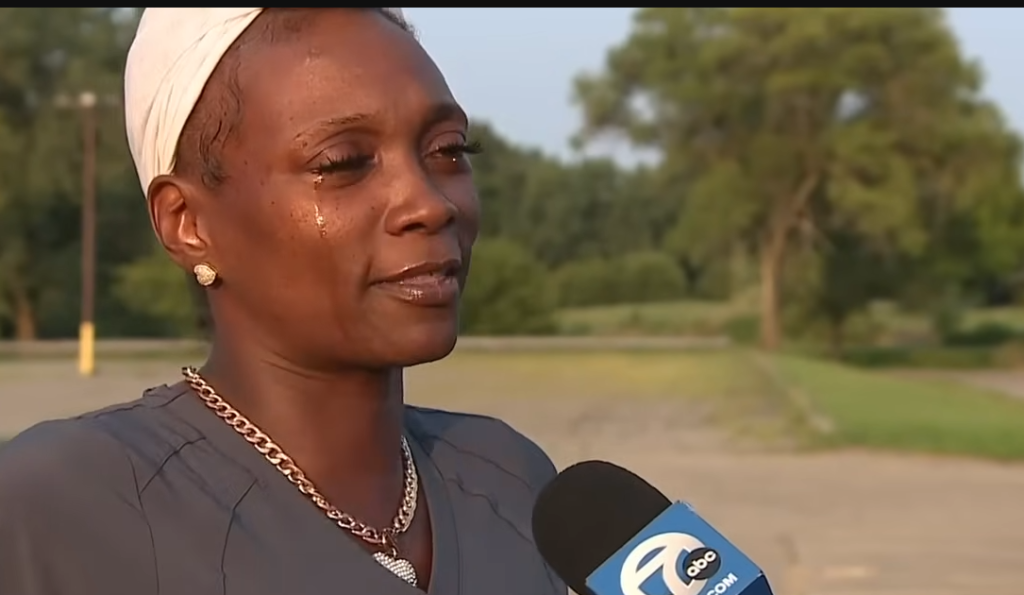Legal experts and community members are raising concerns after a 15-year-old Detroit girl was handcuffed and removed from a courtroom for falling asleep during a legal education session.
The incident, which occurred on Aug. 12 in 36th District Court, has sparked debate regarding judicial discretion and the treatment of minors within the legal system.
The teenager, Eva Goodman, was participating in an educational visit to Judge Kenneth King’s courtroom alongside her peers from The Greening Project, a non-profit organization focused on enhancing Detroit’s green infrastructure.
The visit was intended to provide the students with insight into court proceedings and the justice system. However, Goodman’s experience took a distressing turn when she reportedly dozed off several times during the session.
Judge King, visibly frustrated, issued a stern warning to Goodman, ordering her to stay awake or face detention. Shortly thereafter, officers were directed to remove the teen from the courtroom and place her in handcuffs.
Goodman was held outside the courtroom for approximately two hours before being allowed to return. Upon her return, Judge King further reprimanded her in front of her peers, going as far as polling the group on whether they believed she should be jailed for her behavior.
Goodman’s mother, Latoreya Till, condemned the judge’s actions, citing the family’s difficult living situation as a contributing factor to her daughter’s fatigue.
Till explained that their unstable housing situation often results in late nights and limited rest.
“We have to bounce around because we don’t have a permanent address. That night, we got in late, and she was just exhausted,” Till said in an interview. She added that the incident has left Goodman feeling humiliated and fearful of returning to her community work, noting, “My daughter is hurt. She’s feeling scared and intimidated. She didn’t want to go to work after what happened.”

The Greening Project, where Goodman works, is known for engaging Detroit youth in environmental and community improvement efforts.
The organization offers teens an opportunity to learn practical skills while contributing to the city’s revitalization. Goodman’s role involves planting trees and other activities that require physical energy, which, combined with her family’s circumstances, likely contributed to her fatigue during the court session.
The incident has drawn scrutiny from legal professionals, who argue that Judge King’s response may have been disproportionate, particularly given the circumstances surrounding Goodman’s situation.

Critics say the judge’s actions raise questions about how the legal system treats vulnerable youth and whether more empathetic approaches could be considered in such cases.
“While judges have broad discretion to maintain decorum in their courtrooms, the use of handcuffs and public shaming for a minor’s non-disruptive behavior—especially given her personal challenges—could be viewed as excessive. The law requires that any punitive measures in these settings be reasonable and take into account the individual’s circumstances,” one legal critic stated.
Judge King’s decision has also reignited discussions about the balance between maintaining courtroom order and safeguarding the rights and dignity of young people, particularly those from marginalized communities.
Goodman’s case is now a focal point in ongoing conversations about judicial accountability and the potential need for reforms in how educational visits to courts are conducted.
Goodman and her family are left grappling with the emotional and social impact of the incident.

